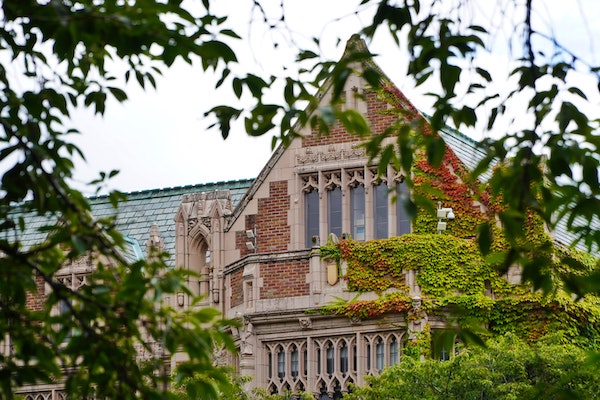Abstract: This Article argues that the Euclid Proviso, which allows regional concerns to trump local zoning when required by the general welfare, should play a larger role in zoning’s second century. Traditional zoning operates to severely limit the construction of additional housing. This locks in the advantages of homeowners but at tremendous cost, primarily in the form of unaffordable housing, to those who would like to join the community. State preemption of local zoning defies traditional categorization; it is at once both radically destabilizing and market responsive. But, given the ways in which zoning is a foundational part of the racial and economic status quo, it is time for scholars and policymakers to move away from traditional zoning and towards more permissive regional or state approaches to housing development.
Abstract: Qualified immunity shields government officials from civil suits for discretionary actions, as long as the violated right is not clearly established. A right is deemed established when every reasonable…
Read More
Abstract: The widespread acceptance of electric scooters has transformed the landscape of urban transportation. Yet, the emerging phenomenon of intoxicated scootering poses unanswered questions of liability and accountability. New research…
Read More
Abstract: Pedestrian fatality rates in the United States are markedly high compared to peer nations and are on the rise. The distribution of these deaths shows an alarming racial gap:…
Read More



